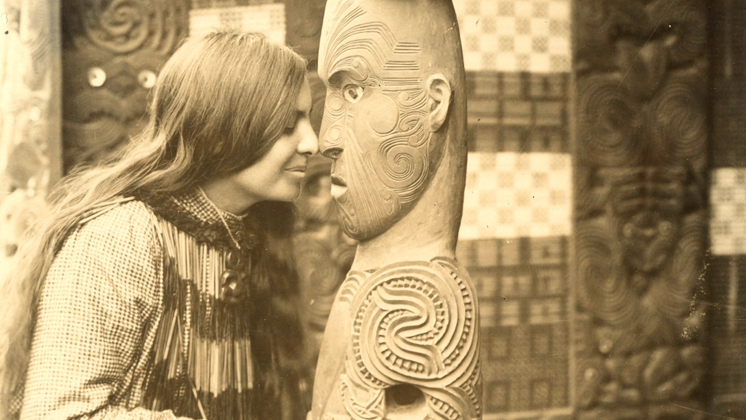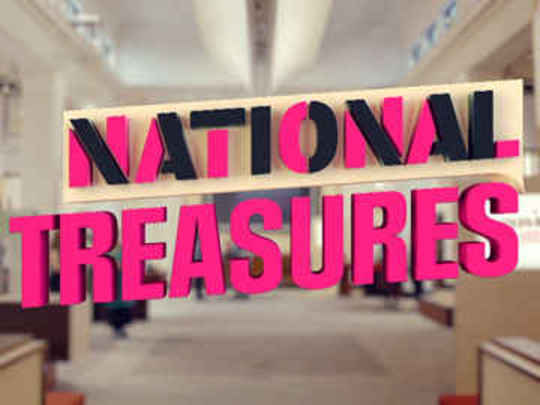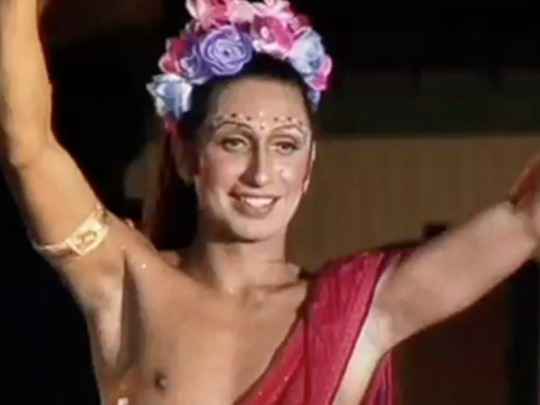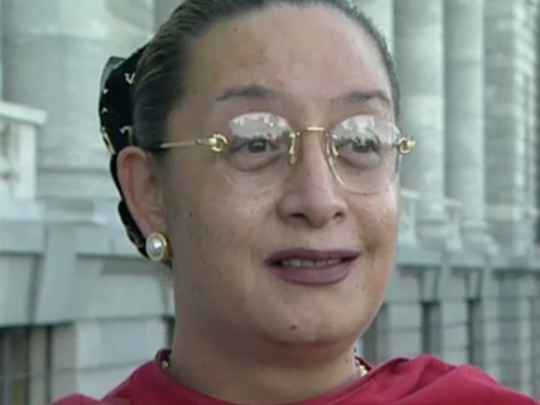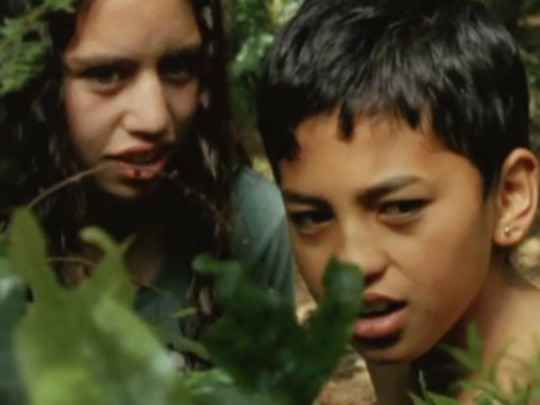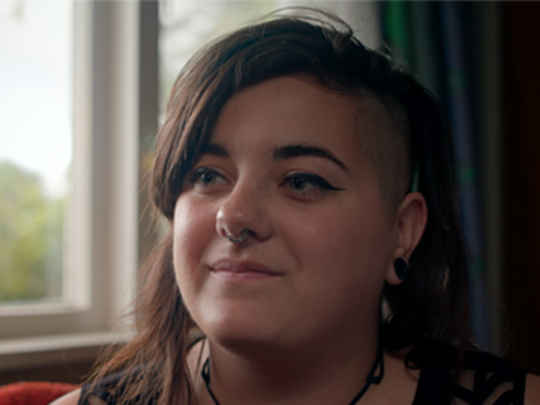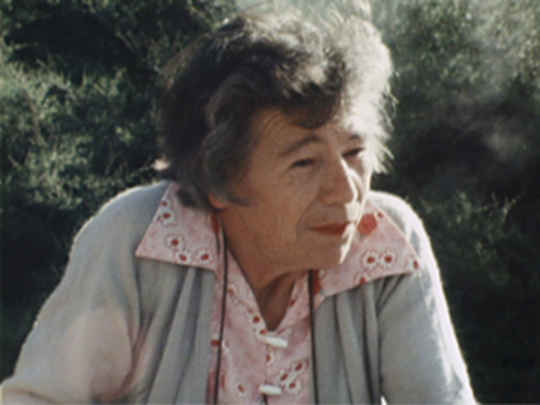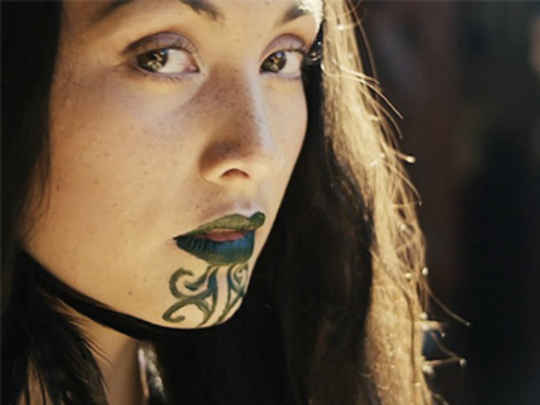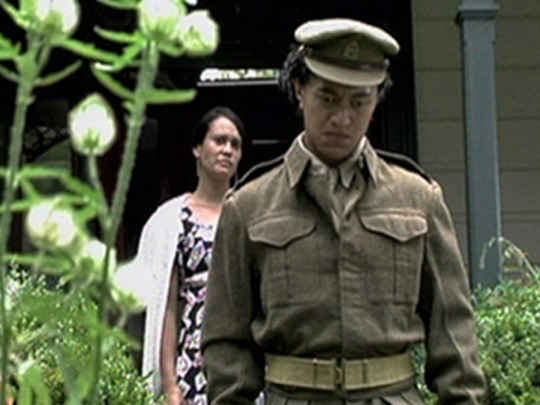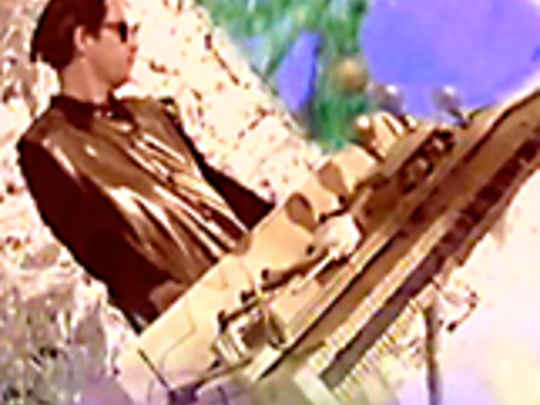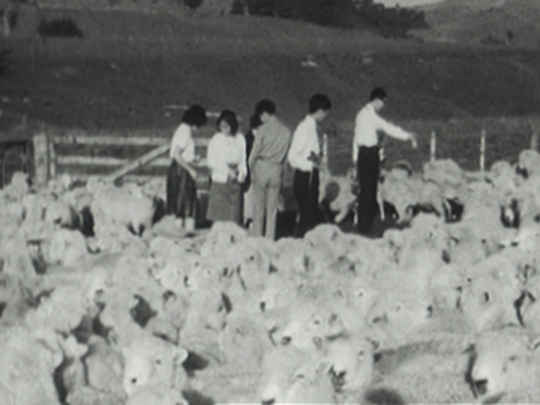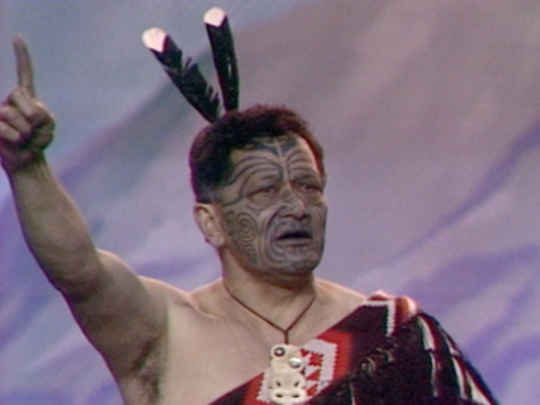National Treasures - Excerpts
Television (Excerpts) – 2020
Hero was one of New Zealand's most significant LGBTQI+ (lesbian, gay, bisexual, transgender, queer, intersex) community events of the 1990s and 2000s. Along with Wellington's Devotion Festival in the 1990s, the annual dance parties, parades, film festivals and associated activities celebrated and strengthened the pride and health of LGBTQI+ communities ... The 1990s in general saw a blossoming of gay and lesbian pride. Hero and Devotion were some of the more public fruits of change in society following on from Homosexual Law Reform in 1986. Hero was particularly groundbreaking with its vibrant street parade which at times caused controversy for overt expressions of sexuality.
– Excerpt from Hero programme description in Te Papa's Collected Archives, Te Papa website
They capture a kind of culture because here for example, we've got an advertisement for lube, an advertisement for a cafe, and then there's an advertisement from a funeral service...because, at the end of the day, people were dying.
– Michael Gullery on the layout of a Hero magazine from the early 1990s
Renowned for her beauty, charm and ready wit, Maggie Papakura was a woman of her time. Bridging the gap between Māori and Pākehā, you could compare her to a modern-day celebrity...
– Expert Matariki Williams describes the many talents of Whakarewarewa guide Maggie Papakura
What’s also a delight and impressive is the way Te Reo Māori is seamlessly weaved into the programme, organically spoken with subtitles, or quickly translated by the Morrisons themselves. It feels like a template for the way forward for how our homegrown programming should be presented.
– TV critic James Croot reviewing National Treasures, Stuff, 17 March 2021
